Important discovery at the Command of the Carabinieri Legion “Lazio” in Piazza del Popolo in Rome. In fact, it has been ascertained that two portions of a fresco, whose author and origin were unknown, which were kept at the end of the first ramp of the monumental staircase of the “Giacomo Acqua” Barracks, which is the headquarters of the Command, are part of a large painting by Ludovico David (Lugano, 1648 - Rome, post 1709) from the Collegio Clementino. The paintings were well preserved when completed but will be restored, and the work will begin these days.
The two fractions of frescoes constitute an important piece of the lost pictorial decoration of the Clementine College built to a design by Carlo Fontana and destroyed in 1936 during the urban works that distorted the face of the streets around the Mausoleum of Augustus. The two fragments, depicting Adam and Eve, were part of the dome of the Chapel of the Assumption, and in particular the fresco depicting the Madonna in Glory surrounded by saints and angels completed in 1695 by Ticino painter Ludovico David.
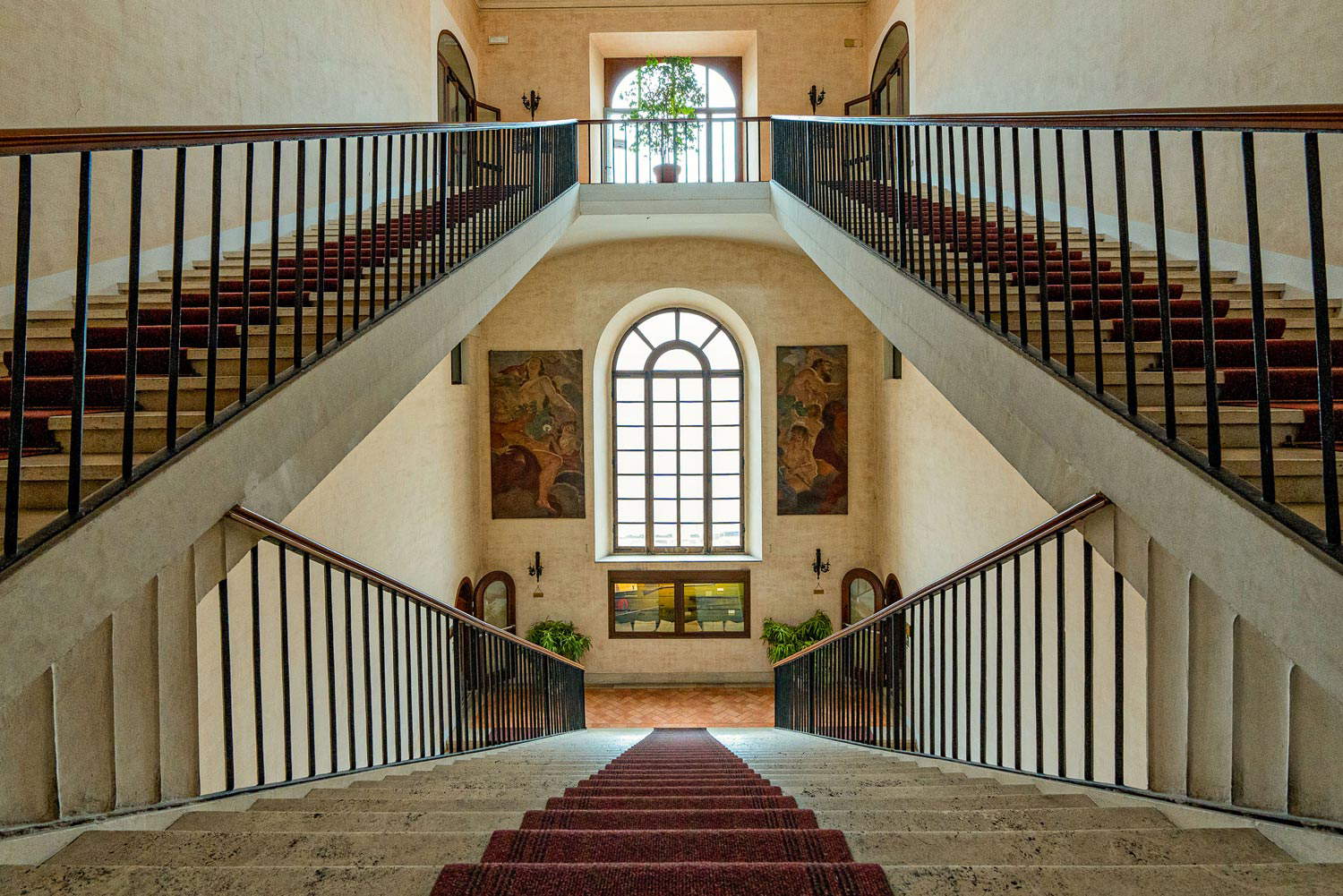
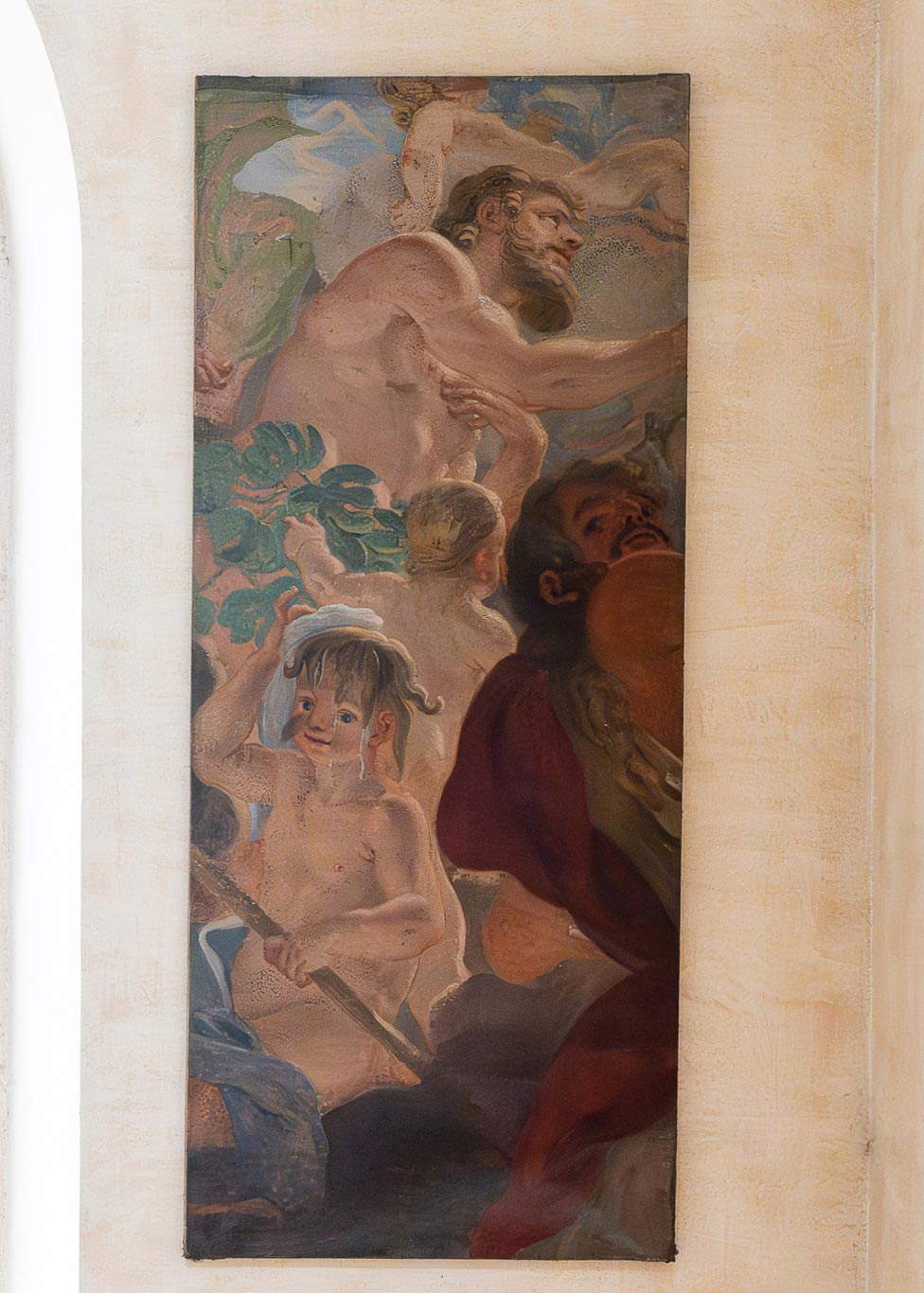
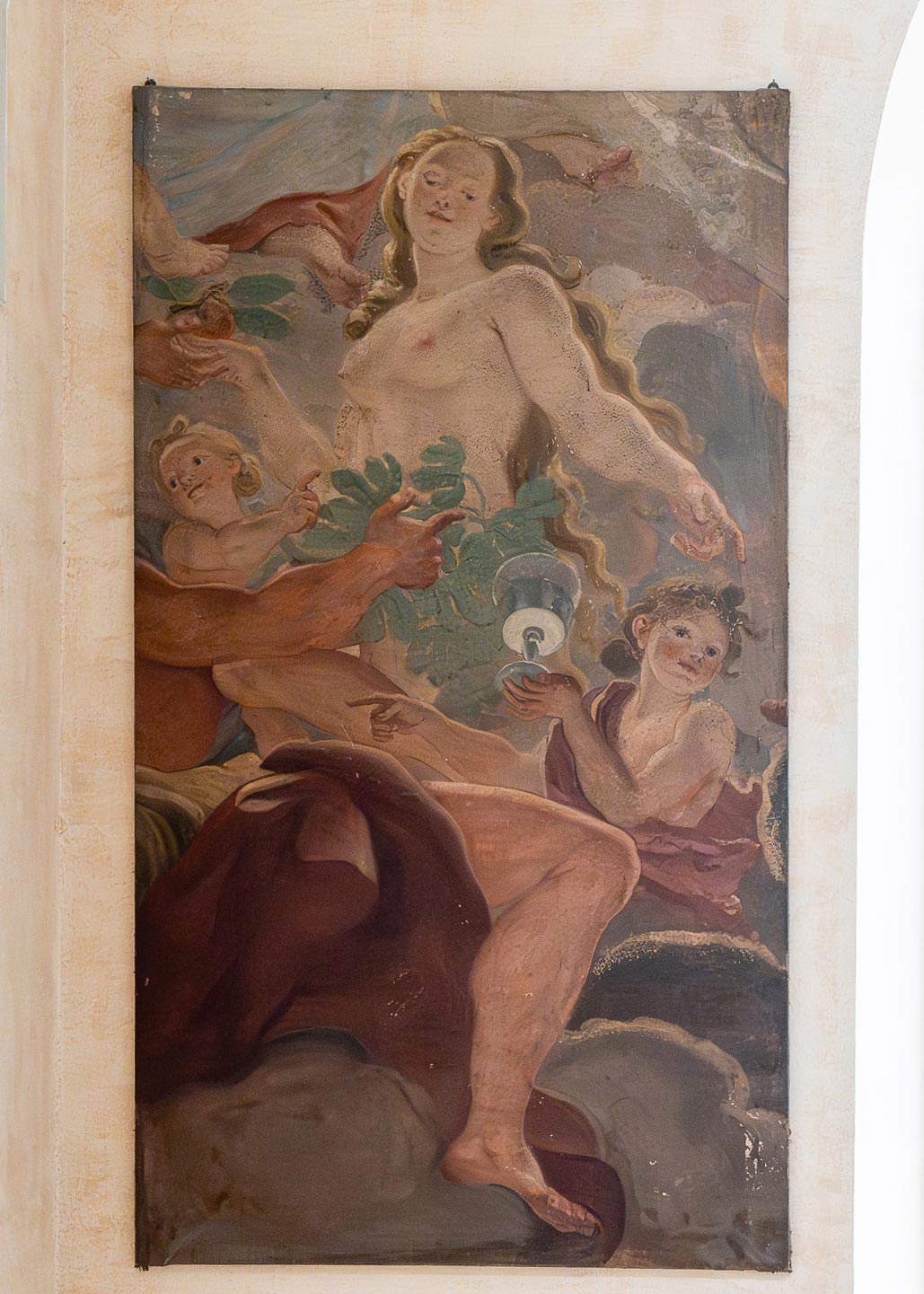
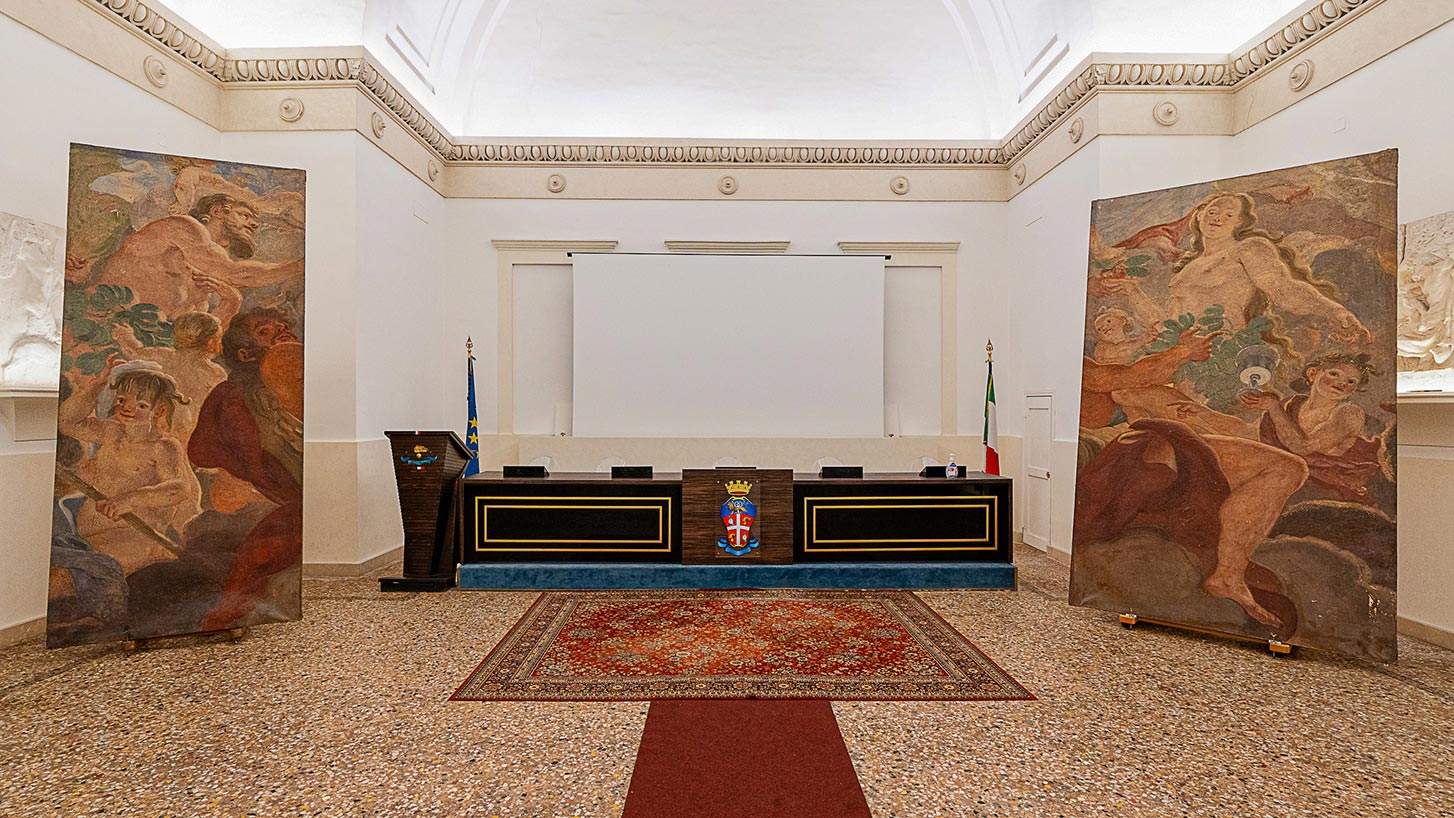
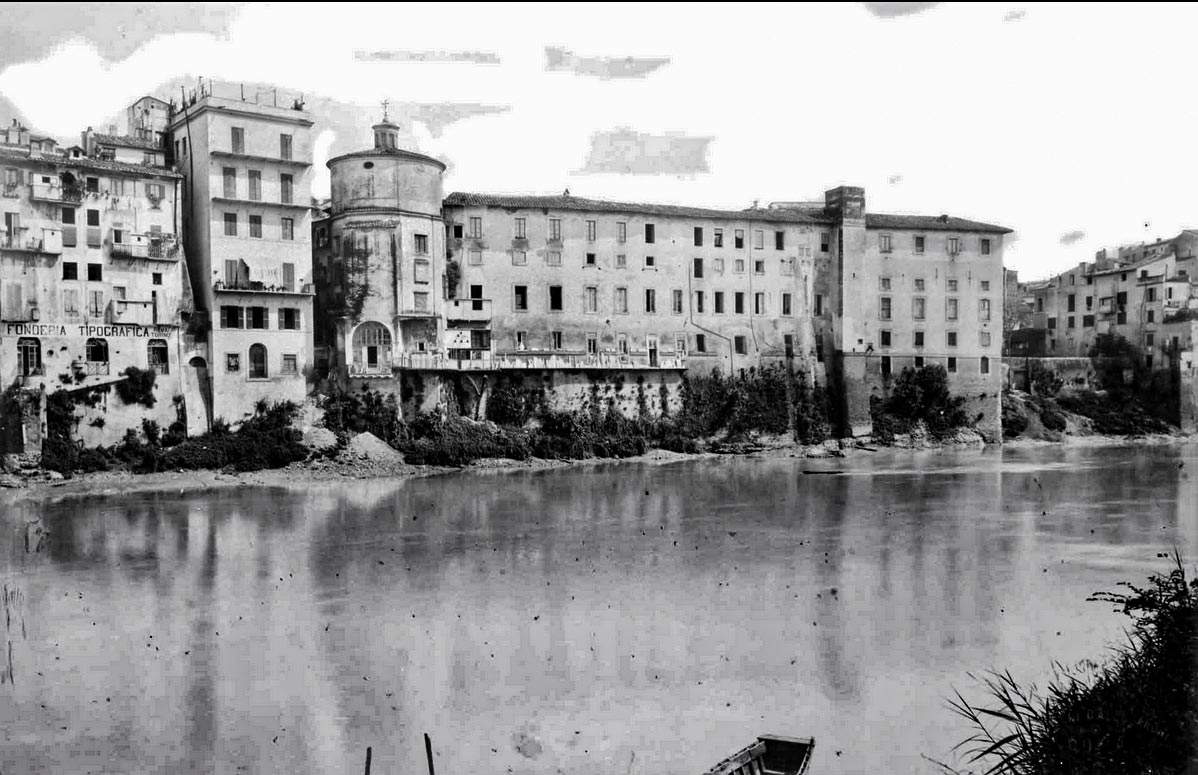
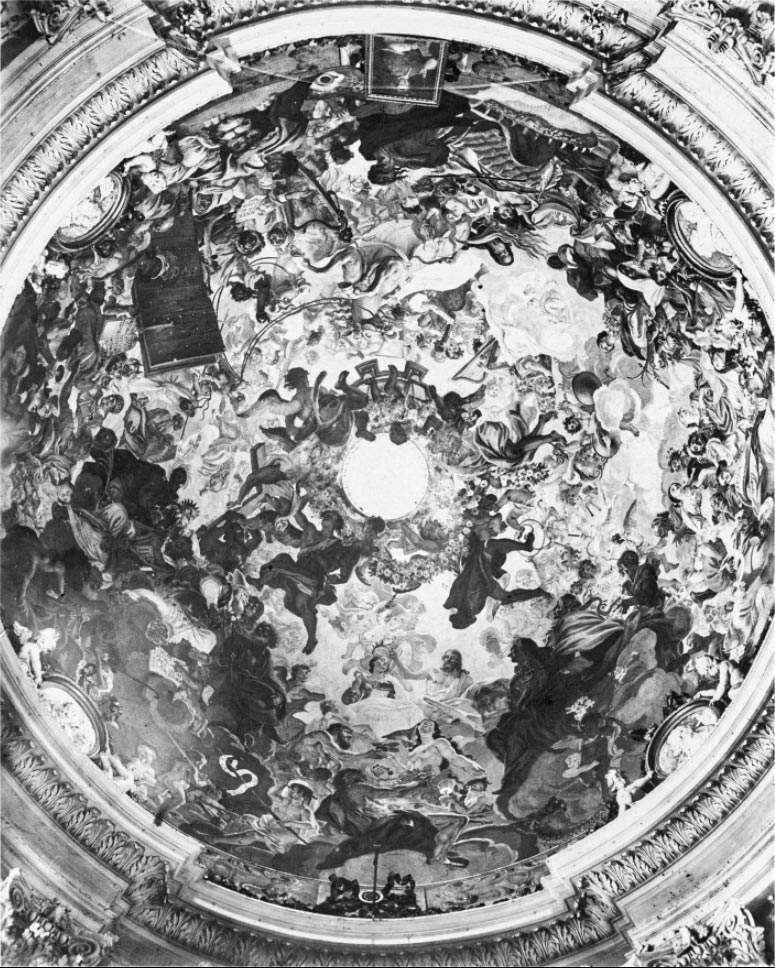
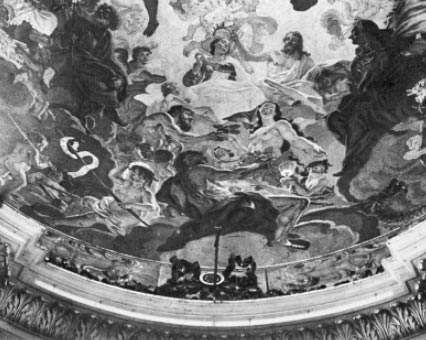
“We have been preserving this work for decades,” said Army General Antonio de Vita, commander of the Carabinieri Lazio Legion, “and once we discovered its artistic value, we are promoting the restoration together with the Superintendence, whom I thank for the study and design of the conservation intervention, and Intesa Sanpaolo, which is supporting it through the Restituzioni project. Our barracks wants to maintain a close link with the city by ensuring usability for all citizens who will be able to admire the work once it is restored to its original colors.”
It is thanks to a study by the Special Superintendent of Rome that the two sections were recognized to be from the same fresco: “We owe this discovery to the valuable visual memory of our architect Alessandro Mascherucci,” explains Daniela Porro, Special Superintendent of Rome, “of this fresco, in fact, only faded black and white images remained. I like to emphasize how in a short time Carabinieri, Intesa Sanpaolo and Soprintendenza were able to organize a restoration project, which is already at the starting ribbons. A further demonstration of the fundamental importance of collaboration between public and private institutions.”
The intervention, which will end next September, will be conducted by restorer Mariarosaria Di Napoli using the most up-to-date conservation techniques: it will be a restoration open to the public for initiatives such as Museum Night and Fai Days.
Michele Coppola, Executive Director Art, Culture and Historical Heritage Intesa Sanpaolo, says, “For more than 30 years, thanks to Restitutions, our Bank has been taking care of the country’s art assets by supporting public institutions in the task of protecting and enhancing the national heritage. It is a source of pride, on the occasion of the 20th edition of the program, to return to new beauty the frescoes by Ludovico David kept in the historic Caserma Acqua in Piazza del Popolo: an initiative that sees us united with important Italian entities such as the Special Superintendence of Rome and the Comando Legione Carabinieri Lazio in the common commitment to defend and promote the extraordinary artistic wealth of the Capital.”
At the end of the restoration, the work will have a new place, in a visitable area inside the “Giacomo Acqua” Barracks, built in the 15th century at the behest of Pope Gregory XII as a convent of Augustinian monks, in the 18th century used as housing for Clement XII’s troops, and then in 1870 became the first headquarters of the Carabinieri Corps in the new Capital.
 |
| Rome, two important 17th-century fragments of a large fresco by Ludovico David discovered |
Warning: the translation into English of the original Italian article was created using automatic tools. We undertake to review all articles, but we do not guarantee the total absence of inaccuracies in the translation due to the program. You can find the original by clicking on the ITA button. If you find any mistake,please contact us.